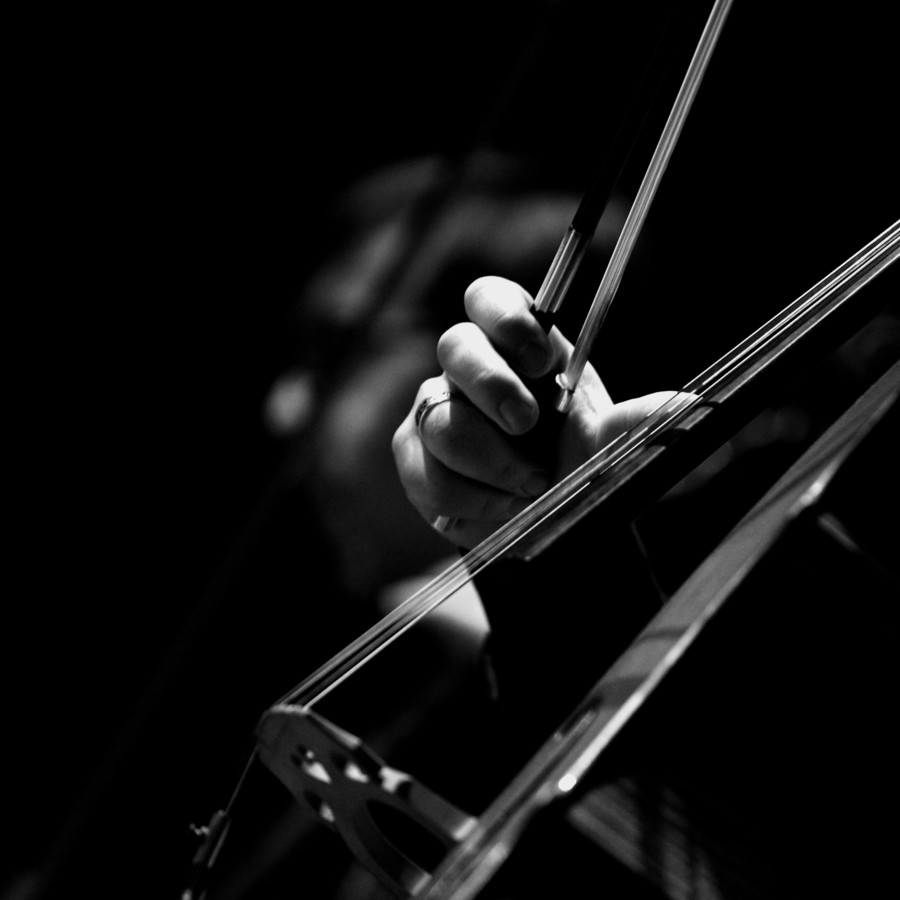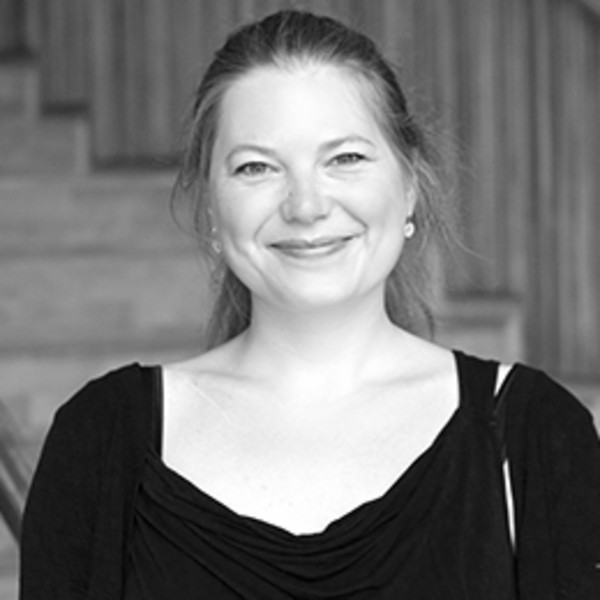General regulations for admission
Where to send your application: For Bachelor's programmes, send your application to your first-priority academy of music. Applicants are free to apply for different programmes at different academies of music.
Entrance examination dates: The entrance examinations for the Bachelor programmes are primarily held in January and February.
Accompanist: The applicant must bring an accompanist. It may be possible for the Academy to assist by referring the applicant to one of the Academy's associated accompanists. The accompanist's fee must be paid by the applicant.
Admission: All qualified applicants are not automatically admitted. The results of the entrance examination carry most weight in the admission procedure, but other factors may also be taken into account, such as the requirements of the musical world and the need to achieve an appropriate balance of instruments and voices in the Academy for ensemble playing, etc.
Transfer: If you want to transfer to another music academy in Denmark, you must fill in an special application form. Ask for this form at your current institution and also submit it to this institution. Your current institution will forward it to us automatically. Afterwards, we will summon you for a transfer examination. The Deadline for applying is 15 November - remember this is to be submitted to your current institution.
Preparatory courses: You can obtain information about preparatory courses (MGK Course) for admission to the Danish academies of music at Uddannelsesguiden. Here you can also find your local Danish music school.
Make-up examinations and re-examination: If the applicant is unable to attend the principal study audition due to illness, the applicant will be offered a make-up examination. Re-examination may be offered if the applicant fails to pass examinations in the supporting subjects. The Academy holds make-up examinations and re-examinations immediately after the entrance examination period.
The entrance examination consists of an audition in the principal study and examinations in the supporting subjects. In some subjects, there are also secondary principal study auditions. If the principal study audition is not passed, the applicant will not be registered for the other examinations.
The principal study auditions are assessed by an admissions committee, consisting of:
- one internal examination director (the principal or the principal's deputy)
- one internal subject examiner from the academy at which the entrance examination takes place
- one external examiner
The study programme in music teaching has different admissions committees. For more information, see the specific entry qualifications for the study programme.
In the case of the recording director programme, however, the admissions committee consists of:
- two subject-specific teachers from the academy at which the entrance examination takes place. One of these is the examination director.
- one external examiner appointed from within the subject group
The written examination in aural studies/theory is assessed at the national level. Applicants for the programme in church music also take a supplementary written examination in musical theory.
The piano audition is assessed by two piano teachers from the academy where the entrance examination takes place.
Principal study auditions
General information on the principal study auditions for instrumentalists, singers and church musicians.
Duration: Unless otherwise stated, the total duration of the principal study audition is approximately 30 minutes, including assessment time.
Assessment: Three separate grades are awarded from the seven-point scale.
The overall assessment in the principal study audition for the Bachelor's programme for instrumentalists/singers is based on the following examinations:
- Set/self-chosen tasks, etudes, scales
- Set task
- Sight-reading
To pass the overall examination, the applicant must achieve a mark of at least 02 in all examinations.
Supporting subjects
All applicants for Bachelor's programmes at the Academy who have passed the principal study audition must take a collectively written examination in aural studies and theory. Duration: approximately 2,5 hours.
Most instrumentalists, singers and church musicians must also take an examination in piano as a supporting subject. Duration: approximately ten minutes.
Students of the piano, guitar, accordion, lute or harpsichord are exempted from the examination in piano as a supporting subject.
Applicants for the programmes in music teaching, composition and recording direction take special piano examinations, as described for the principal study in question.
The examinations in supporting subjects are prohibitive and are assessed according to the seven-point scale.
There is no age limit for applicants to the study programmes at The Royal Danish Academy of Music. However, we recommend admission from no earlier than the age of 15.
Prerequisites for admission to the Bachelor's programme
A passed entrance examination is the prerequisite for admission to the Bachelor's programme.
Prerequisites for admission to the MASTER's programme
A passed entrance examination and a passed bachelor education (please find the specific qualifying educations below) are the prerequisites for admission to the Master's programme.
Prerequisites for admission to the Master's programmes for instrumentalists and singers
Qualifying education:
- Bachelor of Music (BMus) as instrumentalist or singer from a Danish music academy
- Bachelor of Music (BMus) as instrumentalist or singer or equivalent from a foreign music academy or university of similar level
Prerequisites for admission to the Master's programmes for Church Musicians
Qualifying education:
- Bachelor of Music (BMus) in church music or equivalent from a Danish music academy
- Bachelor of Music (BMus) as instrumentalist, singer, music teaching (AM) or equivalent from a a Danish music academy
- Bachelor in Musicology from a Danish university
- Bachelor of Music (BMus) in church music or equivalent from a foreign music academy or university of similar level
Prerequisites for admission to the Master's programme in ensemble conducting
Qualifying education:
- Bachelor of Music (BMus) from The Royal Danish Academy of Music
- Bachelor in Musicology from a Danish university
- Bachelor of Music (BMus) or equivalent from another Danish music academy
- Bachelor of Music (BMus) or equivalent from a foreign music academy or university of similar level
Prerequisites for admission to the Master's programmes for music teaching and aural training
Qualifying education:
- Bachelor of Music (BMus) from a Danish, Norwegian or Swedish music academy
- Bachelor of Music (BMus) in music pedagogy or equivalent from a music academy or university of similar level.
Additional requirements for aural training
It is a prerequisite for admission that the applicant proficient in Danish orally as well as written and can use the language in a communicative context. Foreign applicants must provide documentation for their Danish language skills.
Examination in aural training must be passed with a strong assessment.
Prerequisites for admission to the Master's programme for composers
Qualifying education:
- Bachelor of Music (BMus) as composer from a Danish music academy
- Bachelor in Musicology from a Danish university
- Bachelor of Music (BMus) as composer or equivalent from a foreign music academy or university of similar level
Prerequisites for admission to the Master's programme for tonmeisters
Qualifying education:
- Bachelor of Music (BMus) as Tonmeister from The Royal Danish Academy of Music
- Bachelor af Music (BMus) as Tonmeister or equivalent from another Danish music academy
- Bachelor of Music (BMus) as Tonmeister or equivalent from a foreign music academy or university of similar level
Prerequisites for admission to the Advanced postgraduate programmes
Applicants for the advanced postgraduate diploma programmes must have successfully passed the entrance exams and a diploma programme or Master's programme (MMus), or the equivalent, at a music academy. In the absence of a diploma or Master's degree, the applicant must enclose documentation for previous work along with the application. The committee of examiners will decide whether the applicant possesses qualifications corresponding to a passed diploma programme.
You can only be admitted to a new Master's or advanced postgraduate diploma programme if places are available. This also applies if you have twice previously been enrolled in a Master's or advanced postgraduate diploma programme without completing it (see §4 in Bekendtgørelse om musikkonservatorierne og Operaakademiet).
As a student at The Royal Danish Academy of Music, you are not allowed to be enrolled in more than one full-time study at a time (see §5 in Bekendtgørelse om musikkonservatorierne og Operaakademiet). This also applies to studies abroad.
There are no tuition fees for students with an EU/EEA citizenship. Please note, that it is not enough, that you live in an EU/EEA country.
There are tuition fees for students with a non-EU/EEA citizenship. For information about tuition fees for non-EU/EEA students, please read here under TUITION FEE.
Study programmes
Earn your music degree at The Royal Danish Academy of Music

The Royal Danish Academy of Music in Copenhagen offers music education at the highest level. The wide range of courses at the Academy attracts a diversity of students, thereby creating an international study environment.
